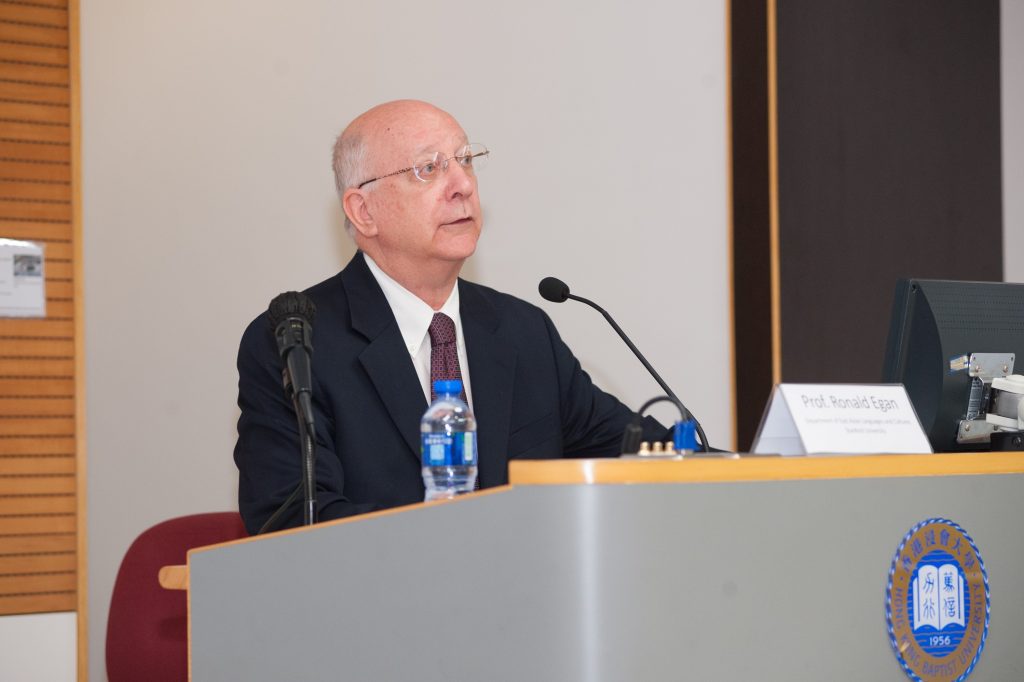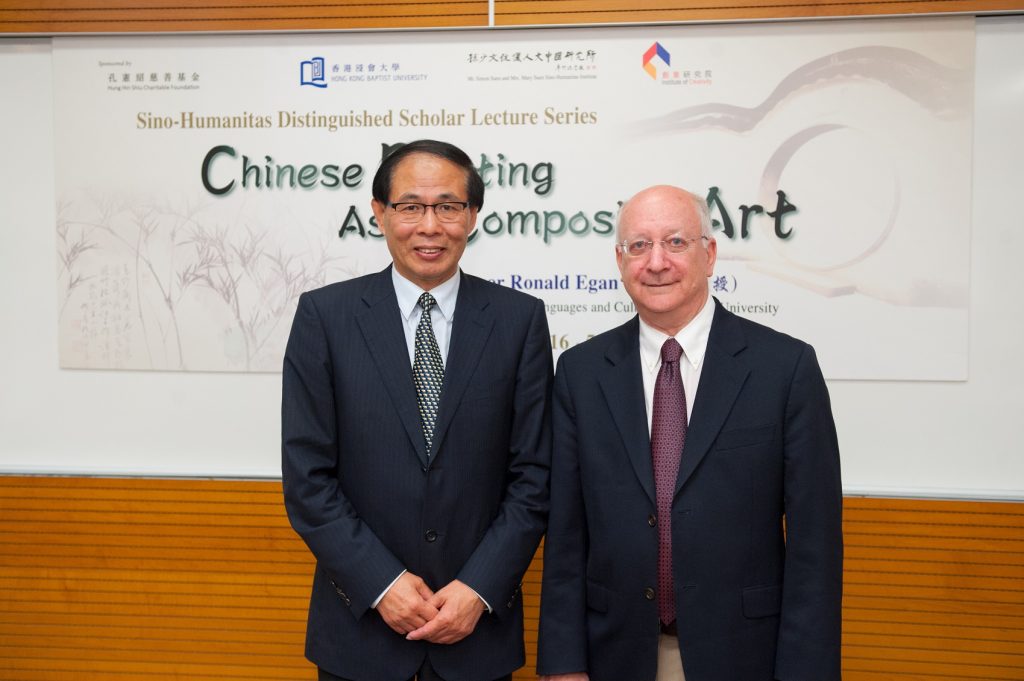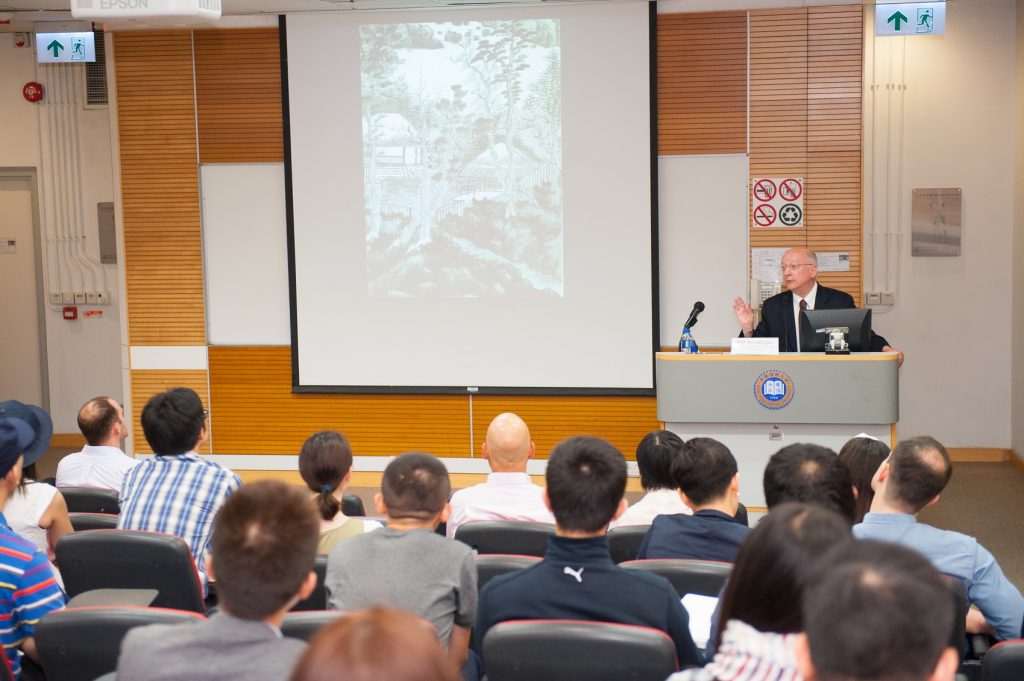Topic: Chinese Painting As a Composite Art
Speaker: Professor Ronald Egan (Department of East Asian Languages and Cultures, Stanford University)
Date: 13 May 2016 (Friday)
Time: 1630-1800
Venue: WLB211, The Wing Lung Bank Building for Business Studies, Shaw Campus, HKBU
Language: English
Abstract:
The prominence of artists’ inscriptions on Chinese paintings is a well-known feature. But what purposes do they serve, and how do they contribute to the viewer’s experience of the art work? Do they somehow serve to make Chinese painting distinct from that in the European traditions? This talk considers artists’ inscriptions on Chinese paintings from the Ming-Qing period, and examines how they alter guide and affect our understanding of the painted images. Particular attention is given to poetic inscriptions, especially those that reproduce or draw upon poetry from earlier centuries. What did Ming-Qing painters seek to accomplish by adding lines of Tang or earlier poetry to their paintings? This talk will consider the interplay of text and image in exquisite paintings of the period.
About the Speaker:
Ronald Egan is Confucius Institute Professor of Sinology in the Department of East Asian Languages and Cultures at Stanford University. He received his Ph.D. in Chinese literature from Harvard University. His research focuses on Chinese literature, aesthetics, and cultural history of the Tang-Song period. His publications include books on the literary works and lives of Ouyang Xiu and Su Shi, the latter entitled Word, Image, and Deed in the Life of Su Shi. He has also published a general study of innovations in Song dynasty aesthetic thought, entitled The Problem of Beauty: Aesthetic Thought and Pursuits in Northern Song Dynasty China. He is also the translator of selected essays from Qian Zhongshu’s Guanzui biani, which appeared as Limited Views: Essays on Ideas and Letters by Qian Zhongshu. His most recent book is a study of the works and reception history of Li Qingzhao, entitled The Burden of Female Talent: The Poet Li Qingzhao and Her History in China (Harvard University Press, 2013). He formerly served as Executive Editor of the Harvard Journal of Asiatic Studies. He is currently President of the American Oriental Society.




